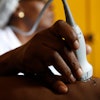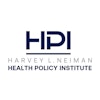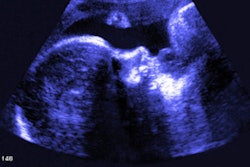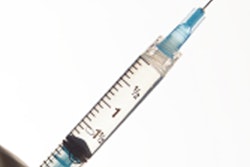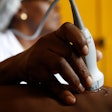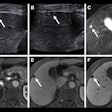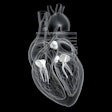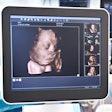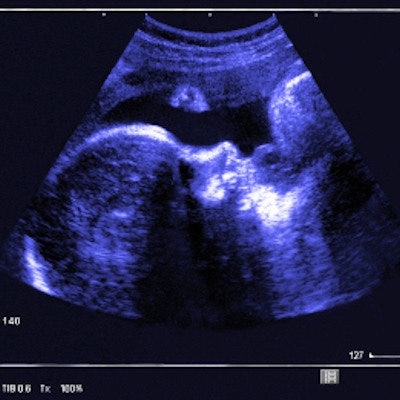
Expecting parents can rejoice, as ultrasound found no links between the COVID-19 vaccines and birth defects during early pregnancy, according to research published April 4 in JAMA Pediatrics.
A team led by Dr. Rachel Ruderman from Northwestern University in Chicago wrote that using ultrasound as well as adjusting for preexisting risk factors made understanding the associations between COVID-19 vaccines and birth defects easier.
"We have great existing data that the vaccine is safe and effective in pregnancy and that the infection can lead to worse outcomes for moms and babies," Ruderman told AuntMinnie.com. "Now we can add to that existing knowledge base that there seems to be no increased risk to the baby, regardless of when you get the vaccine."
About 3% to 5% of newborn children in the U.S. are born with structural defects. These are linked to higher infant morbidity, mortality, and billions of dollars in costs, the researchers wrote.
Data suggests that pregnant women with COVID-19 have higher maternal and neonatal morbidity. While vaccines for the SARS-CoV-2 virus have been available for nearly a year and half, initial trials excluded pregnant women. Research also indicates that the vaccine is safe for pregnant women, but concerns persist about risks to the fetus.
Ruderman et al wanted to find out if such an association exists between COVID-19 vaccination during early pregnancy and the risk of major fetal structural anomalies by using ultrasonography.
"This is different from earlier studies which looked at historical controls, [such as] those who didn't get the vaccine before COVID was prevalent," Ruderman said.
They looked at data from 3,156 women with an average age of 33.4 years. The women completed a fetal anatomic survey between March and November 2021 and had COVID-19 vaccination records.
Out of the total, 2,622 (83.1%) received at least one vaccine dose, with 1,149 (43.8%) being vaccinated within the teratogenic window, the period in which agents called teratogens can cause malformations in the embryo. In this case, the team defined the teratogenic window as being 30 days before conception to 14 weeks of gestation.
Ultrasound identified an anomaly in 27 of 534 unvaccinated women (5.1%) and 109 women who received at least one dose of vaccine (4.2%). These results did not achieve statistical significance (p = 0.35).
The researchers also adjusted for preexisting conditions and other potential factors in causing birth defects. These included such elements as the age of delivery, chronic hypertension, and hemoglobin levels among others. The authors wrote that after adjusting for these, they found no links between vaccination and birth defects on ultrasound within the teratogenic window (adjusted odds ratio, 1.05).
Results were similar when the researchers narrowed the teratogenic window to a range of two to 10 weeks of gestation, with odds ratios between 0.92 and 0.96.
The team wrote that this research advances data published in 2021 by the U.S. Centers for Disease Control and Prevention (CDC), which yielded similar findings. The authors added that clinicians can use this data to counsel patients on the safety of vaccination.
"Given the urgent need for safety data on COVID-19 vaccines, these preliminary findings may be useful when considering vaccination during early pregnancy," Ruderman and colleagues wrote.



